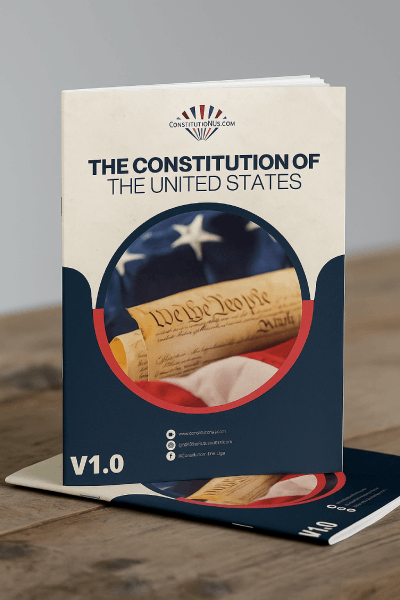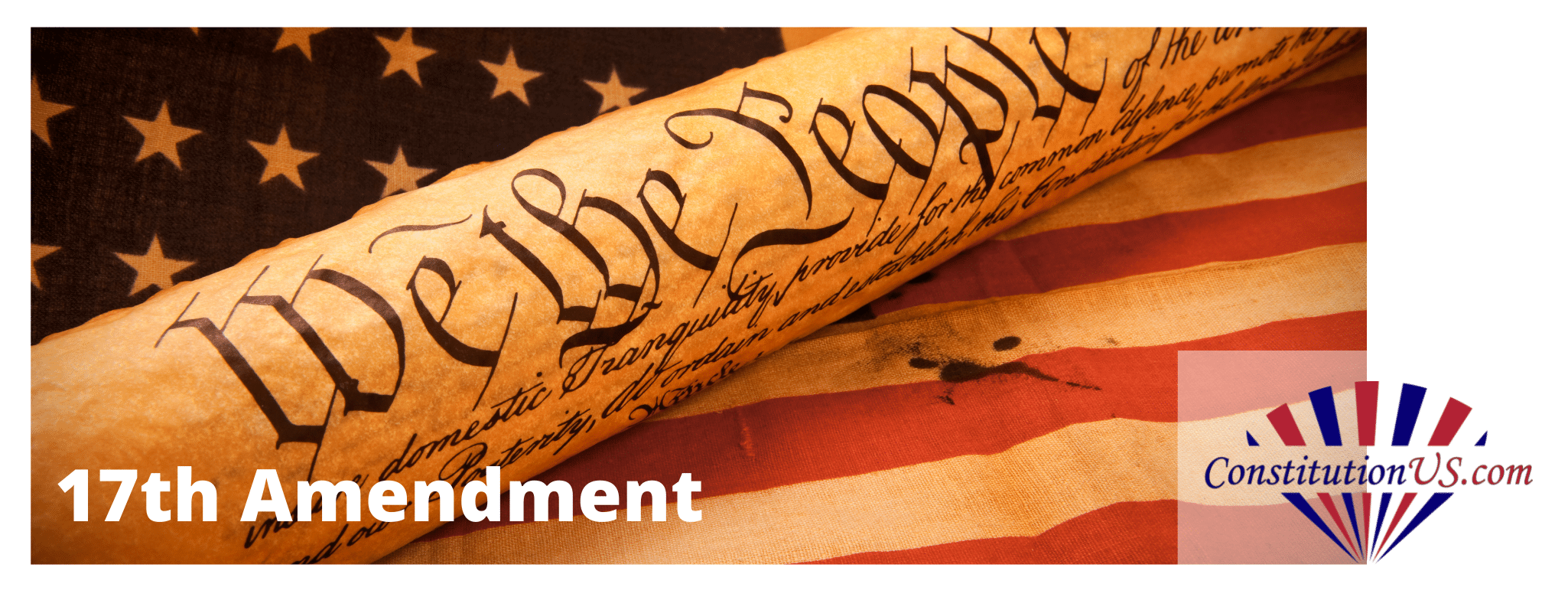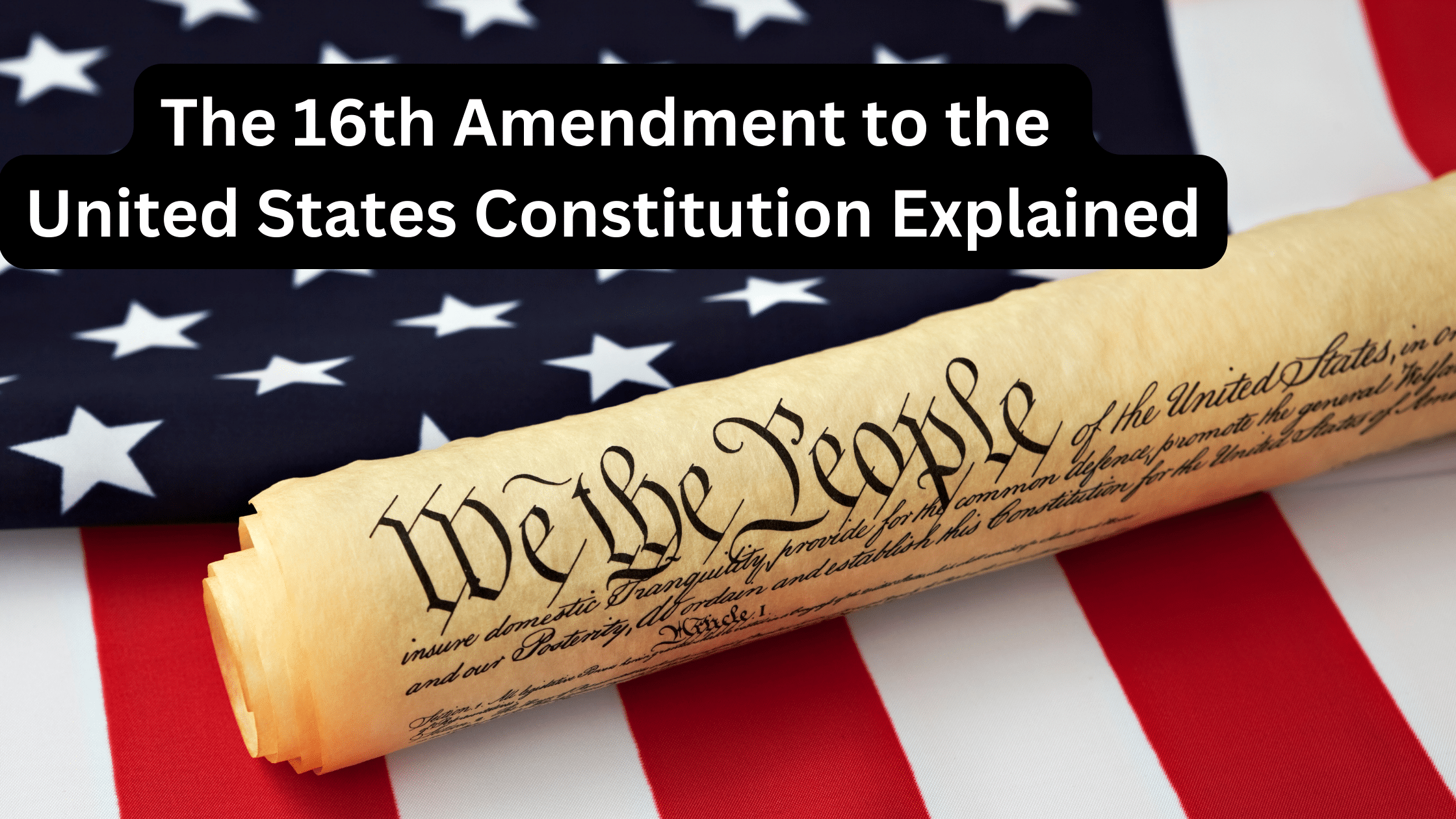Full Text of the US Constitution with Easy Explanations
Read and Learn About the United States Constitution
Read Online
United States Constitution – Full Text
Browse Articles I–VII and all 27 Amendments with headings, search, and cross-links.
Read the Constitution online →
Free PDF
United States Constitution — Printable PDF
High-quality, paginated PDF including the Bill of Rights and all amendments.
Download the Constitution PDF →
Free Shipping
Receive Your Free United States Pocket Constitution
There is no need to pay for a pocket constitution book. As a supporter of ConstitutionUS.com, we will send you one for free.
Free Pocket Constitution →
Explore the Constitution
Explore the 27 Constitutional Amendments
- List of 27 Amendments
- 1st Amendment
- 2nd Amendment
- 3rd Amendment
- 4th Amendment
- 5th Amendment
- 6th Amendment
- 7th Amendment
- 8th Amendment
- 9th Amendment
- 10th Amendment
- 11th Amendment
- 12th Amendment
- 13th Amendment
- 14th Amendment
- 15th Amendment
- 16th Amendment
- 17th Amendment
- 18th Amendment
- 19th Amendment
- 20th Amendment
- 21st Amendment
- 22nd Amendment
- 23rd Amendment
- 24th Amendment
- 25th Amendment
- 26th Amendment
- 27th Amendment
Latest Updates:
ConstitutionUS.com makes learning about the United States Constitution simple and useful.
Here’s what you can do here:
- Easy Explanations – Plain-language summaries of the Constitution, Bill of Rights, and amendments.
- Quizzes and Practice Tests – Check your knowledge on U.S. civics and history.
- Teacher Resources – Lesson plans, activities, and handouts for classrooms.
- FAQs – Quick answers to common questions about the U.S. government and history.
- Study Summaries – Short guides for fast learning or revision.
- Printable PDFs – Download key documents and study materials for offline use.
Everything is free and designed to help you learn, teach, or research with ease.












